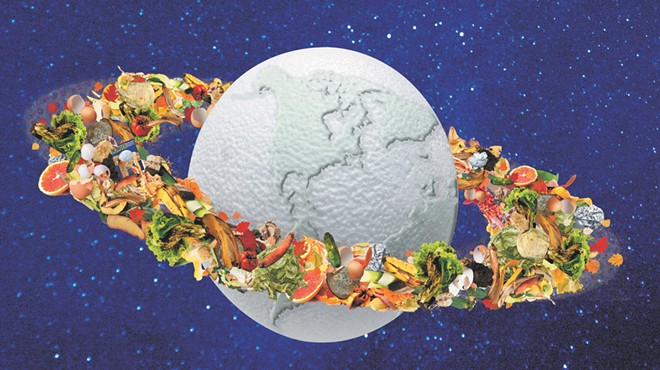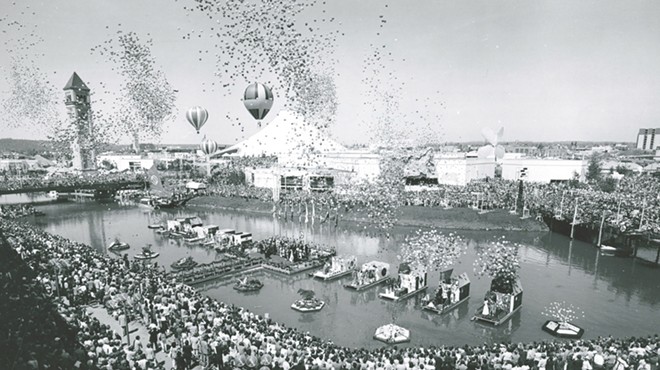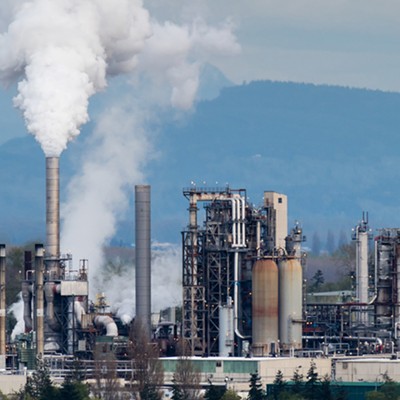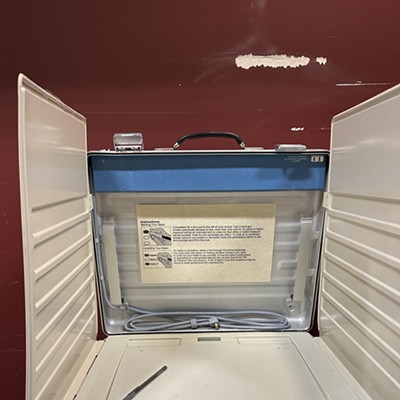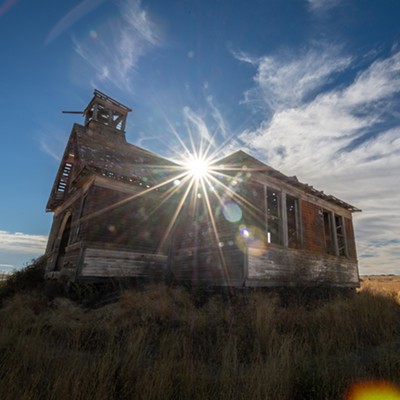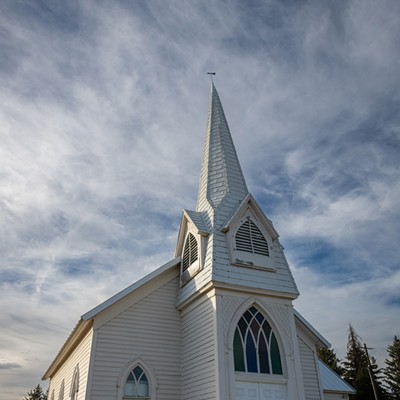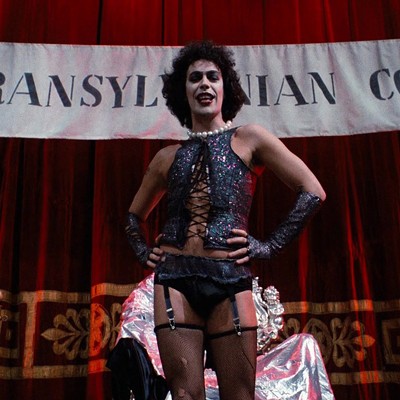Washington has lofty climate goals. And unlike many other states, there's a clear path to achieve them.
At least for now, that is.
This year's November ballot will include six statewide initiatives, one of which intends to prevent the state from employing its main plan to reduce greenhouse gas emissions by half by 2030 and ultimately reach net-zero emissions by 2050.
In 2021, lawmakers passed the Climate Commitment Act (CCA), which established a cap and invest program. The program places an annual cap on emissions and requires large polluters in the state to purchase "allowances" (each representing 1 metric ton of emissions) at state auctions equal to their own emissions. The cap will get smaller each year, and if businesses don't get enough of the dwindling number of allowances, they'll need to reduce their emissions another way.
Meanwhile, the money from the auctions will be invested in climate projects, like improving clean transportation options, increasing climate resilience, and addressing issues of environmental justice and health inequity in Washington, according to the state Department of Ecology.
Not everyone in the state supports this program though.
"The CCA created a government market that's wholly owned by the government," says state Rep. Mary Dye, R-Pomeroy, who is the ranking minority member on the House Environment and Energy Committee. "It's just a bunch of people that are convinced that we 'have to do something.'"
Many people seem to agree with Dye — more than 460,000 registered Washington voters signed onto Initiative 2117, which proposes prohibiting all state agencies "from implementing any type of carbon tax credit trading, also known as 'cap and trade' or 'cap and tax' scheme, including the Climate Commitment Act."
Dye says she supports Initiative 2117 because she believes the cap and invest program needlessly intertwines the state's economy with its energy sector.
"We've ended up with public policies that cripple the future economy because we've shifted the wealth creating components of our economy over to our government," she says.
But the two have always been linked, says Lennon Bronsema, vice president of campaigns at Washington Conservation Action, a nonprofit that advocates for environmental progress and justice in Washington.
"It's always been connected — we've allowed the most polluting industries to transfer the cost onto the people," he explains. "The CCA puts the cost onto those who are actually doing the polluting."
So far, the state has brought in more than $1.8 billion from the auctions, and more than 100 projects statewide have received some slice of that revenue. Much of that money so far is being dispersed through the state Department of Transportation.
In Spokane County, most of those funds have gone to public transit planning and operations. The county received about $66,000 to help develop a plan to transition to a zero emission fleet, and a $2.5 million transit support grant.
The state also has plans for the next few years. Notably, $25 million is slated to improve air quality and monitoring in communities that are overburdened and highly impacted by air pollution. Spokane is one of the 16 places in the state that will get that air quality investment.
State lawmakers refused to act on Initiative 2117 and adopt it into state law this session, so now it'll be up to the state's voters to decide. If it's approved in November, it would reduce the state's ability to reach its emission reduction goals.
Because of this, Bronsema thinks that voters are going to reject the initiative.
"[The CCA] really matters to people's health — you would see people truly harmed," Bronsema says. "The things that we're doing to mitigate that harm would be taken away from us." ♦




